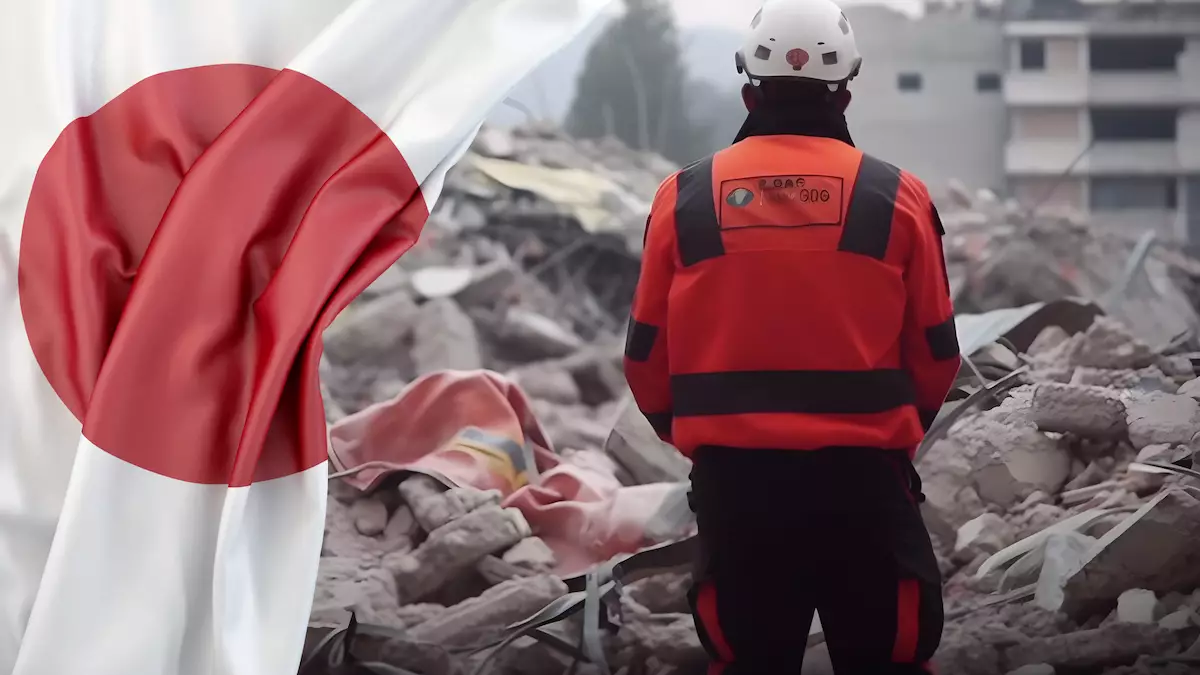Japan, known for its resilience and strength in the face of natural disasters, experienced a devastating earthquake this week. The country’s West Coast, particularly the main island of Honshu’s Ishikawa prefecture, was severely affected. The earthquake, measuring 7.5 on the Richter scale, triggered tsunamis and fires, causing widespread destruction to infrastructure and claiming the lives of at least 84 people. The Noto peninsula suffered the most damage, with numerous buildings destroyed and many homes reduced to rubble.
In response to this crisis, Web3 companies across Japan are rallying together to provide aid and support to the affected communities. Among these companies are Astar Network, Oasys, and protocol studio Fracton Ventures. Understanding the urgent need for assistance, these companies have initiated relief efforts, already raising over $100,000 to aid in recovery.
Astar Network, a prominent blockchain platform in Japan, has taken the lead in supporting those affected by the earthquake. They have launched a fundraising initiative, calling for donations in ASTR tokens. Astar ensures that all contributions will go directly towards emergency assistance and recovery efforts through the Astar Foundation and Startale Labs. With a commitment to transparency, the company will provide detailed reports on how the funds and donations are utilized.
Oasys, a gaming-focused blockchain company, also recognizes the importance of standing up during such times of need. They have stepped up with a charitable donation drive specifically designed to aid in earthquake relief. Oasys welcomes donations in $OAS, $ETH, and $BTC, ensuring that every contribution, regardless of size, will directly contribute to the rebuilding efforts and support for those affected. Similar to Astar Network, Oasys guarantees that all donations will be exclusive to disaster relief activities and the reconstruction of affected areas.
The initiatives taken by Astar Network and Oasys not only demonstrate the compassion of these companies but also showcase the power and potential of blockchain technology and its communities. The ability to mobilize resources, raise funds, and provide assistance swiftly is a testament to the decentralized nature of blockchain and its ability to drive positive change.
This recent example in Japan reinforces the growing role of blockchain communities in responding to global emergencies. Beyond financial contributions, blockchain technology also enables transparency and accountability in the distribution of resources. The ability to track and report the utilization of funds ensures that donations reach the intended beneficiaries efficiently.
As the world faces increasing challenges, it is crucial for blockchain communities, both in Japan and globally, to collaborate and leverage their expertise for the greater good. The impact that these communities can have in times of crisis extends beyond monetary donations. By utilizing blockchain technology for disaster response, communities can facilitate efficient communication, resource allocation, and recovery efforts.
The earthquake in Japan serves as a reminder of the unpredictable nature of disasters and the urgent need to support affected communities. By harnessing the power of blockchain technology, companies like Astar Network and Oasys are paving the way for a more resilient future. As the world continues to face various challenges, the role of blockchain communities in responding to global emergencies will become increasingly significant. Through collaboration and innovation, these communities can drive meaningful change and make a positive impact in times of crisis.

